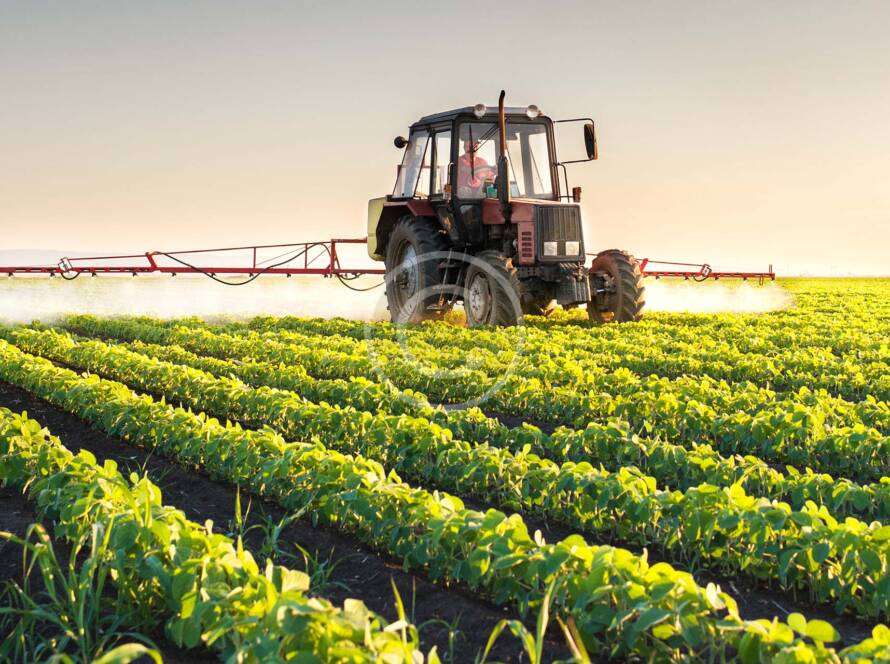Weather stations are invaluable tools for modern farming, providing critical data that helps farmers make informed decisions and optimize agricultural practices. Here’s why integrating weather stations into farming operations can significantly benefit farmers:
1. Accurate Weather Monitoring
-
Real-Time Data: Weather stations continuously monitor meteorological parameters such as temperature, humidity, wind speed, and rainfall. This real-time data helps farmers track current weather conditions on their farm.
-
Forecasting: Weather stations provide accurate short-term and long-term weather forecasts. This information is crucial for planning daily activities, scheduling irrigation, and anticipating weather events like storms or frosts.
2. Precision Irrigation and Water Management
-
Soil Moisture Monitoring: Some weather stations include soil moisture sensors that measure soil moisture content at different depths. This data helps farmers optimize irrigation schedules based on actual soil conditions, minimizing water waste and ensuring optimal crop hydration.
-
Evapotranspiration Estimation: Weather stations can calculate crop water requirements by estimating evapotranspiration rates based on weather data. This information guides irrigation decisions, preventing under- or over-watering.
3. Enhanced Pest and Disease Management
-
Degree-Day Calculation: Weather stations calculate growing degree days (GDD) and chilling hours, which are crucial for monitoring pest life cycles and disease development. Farmers can use this data to time pest control measures more effectively.
-
Early Warning Systems: Weather data alerts farmers to conditions favorable for certain pests or diseases, enabling proactive management strategies such as scouting, biological control, or targeted spraying.
4. Optimized Crop Planning and Management
-
Growing Season Analysis: Historical weather data collected by weather stations helps farmers analyze growing seasons over multiple years. This information informs crop selection, planting dates, and harvest timing for optimal yield and quality.
-
Climate Adaptation: Understanding climate trends and variability allows farmers to adapt farming practices and crop choices to changing environmental conditions, improving farm resilience.
5. Energy Efficiency and Resource Conservation
-
Heating and Cooling Management: For greenhouse operations, weather stations aid in managing heating and cooling systems. Automated systems adjust temperature settings based on external weather conditions, optimizing energy use and reducing costs.
-
Wind and Solar Energy: Weather stations help assess the potential for wind and solar energy generation on farms, guiding decisions on renewable energy investments and sustainable energy use.
6. Data-Driven Decision Making
-
Integration with Farm Management Software: Weather station data can be integrated with farm management software and mobile apps, providing farmers with easy access to comprehensive weather analytics and actionable insights.
-
Precision Agriculture: Weather station data supports precision agriculture practices by enabling precise application of inputs (e.g., fertilizers, pesticides) based on weather conditions and crop needs, improving resource use efficiency.
7. Regulatory Compliance and Documentation
- Record Keeping: Weather stations facilitate accurate documentation of weather conditions and operational decisions, supporting regulatory compliance (e.g., water usage reporting) and insurance claims related to weather-related losses.
Implementing Weather Stations
-
Choosing the Right Station: Select weather stations based on farm size, specific data needs, and budget. Options range from basic handheld devices to advanced systems with multiple sensors and remote monitoring capabilities.
-
Installation and Maintenance: Proper installation and regular maintenance ensure accurate data collection and reliable operation. Position weather stations in representative locations across the farm for comprehensive coverage.
-
Training and Support: Training farm personnel on interpreting weather data and integrating it into farm management practices enhances the effectiveness of weather station investments.
Weather stations are indispensable tools that empower farmers with actionable insights to optimize farm operations, enhance productivity, and mitigate risks associated with weather variability. Integrating weather station data into farm management strategies promotes sustainable and efficient agriculture, contributing to long-term farm profitability and environmental stewardship.



